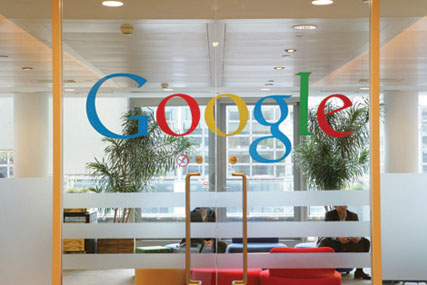
Users visiting Google.cn are now being redirected to Google.com.hk, where the world's largest search engine is offering uncensored search in simplified Chinese, specifically designed for users in mainland China.
It follows that it, and more than twenty other US companies, had been the victims of a "sophisticated cyber attack originating from China".
During the company's investigation into these attacks, it had uncovered evidence to suggest that the Gmail accounts of dozens of human rights activists connected with China were being routinely accessed by third parties, "most likely via phishing scams or malware placed on their computers".
Google announced the attacks, combined with attempts over the last year to further limit free speech on the web in China, "including the persistent blocking of websites such as Facebook, Twitter, YouTube, Google Docs and Blogger," had led it to conclude it could no longer continue censoring the results on Google.cn.
In an official update blog post tonight (22 March), David Drummond, senior vice president of corporate development and chief legal officer at Google, said: "Figuring out how to make good on our promise to stop censoring search on Google.cn has been hard.
"We want as many people in the world as possible to have access to our services, including users in mainland China, yet the Chinese government has been crystal clear throughout our discussions that self-censorship is a non-negotiable legal requirement.
"We believe this new approach of providing uncensored search in simplified Chinese from Google.com.hk is a sensible solution to the challenges we've faced-it's entirely legal and will meaningfully increase access to information for people in China."
Google's effective relocation to Hong Kong comes amid heightened political tensions between China and the United States and follows President Barack Obama meeting with the ostracised Dalai Lama last month, and failure of the two nations to reach an agreement over sanctions against Iran's nuclear programme.
In America today, The White House was quick to voice its "disappointment" that an agreement could not be reached, and attempted to make clear the move was soley a business decision.
"We are disappointed that Google and the Chinese government were unable to reach an agreement that would allow Google to continue operating its search services in China on its google.cn Website," said Mike Hammer, spokesman for President Barack Obama's National Security Council.
"National Security staff was informed by Google shortly before their announcement was made. Google made its decision based on what it believed was in its interest."
It is unclear at this stage how the Chinese government will respond, although Google says it is "well aware that it could at any time block access to our services".
The company, which has been active in China since 2006, currently commands around 36% of total search revenue, placing it second behind Baidu, the local market search engine which takes 58%, according to Analysys International.
Google hopes to maintain a sales presence in China, which houses a potential 400 million web users, but admits the size of its team will be dependent on the ability of mainland Chinese users to access Google.com.hk.
The Google/China story so far...
23 March 2010 -
13 Jan 2010 -
13 Jan 2010 -
13 Jan 2010 -



.jpg)


.jpg)